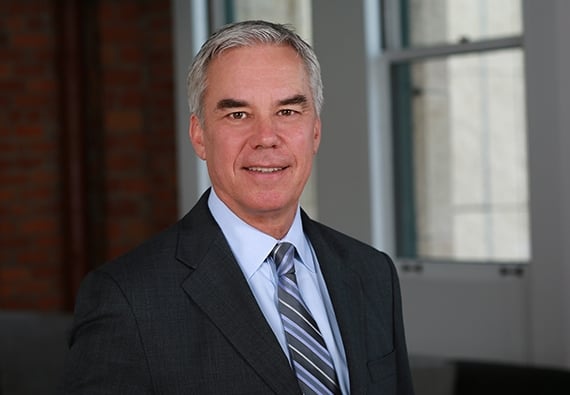Employers Need Not Police Meal and Rest Breaks
The California Supreme Court announced its much-anticipated unanimous decision yesterday in the case of Brinker Restaurant Corporation v. Superior Court, clarifying the extent of an employer’s obligation to provide legally mandated meal and rest breaks. Affirming the lower appellate court, California’s highest court concluded that an employer is not obligated to actively ensure that no work is performed during the entire duration of the legally mandated thirty minute meal break. Indeed, the Court observed that any obligation to monitor employee activity during meal breaks was inconsistent with the principle that employers relinquish control over employees during the meal break.
Under this opinion, an employer satisfies its legal obligations when an employee is provided “at least 30 minutes of uninterrupted” time, “is free to leave the premises,” and is “relieved of all duty for the entire period.” If an employee is not relieved of duty in this manner for the prescribed period of time, a one hour penalty is owed to the employee. The Court warned that employers “may not undermine a formal policy of providing meal breaks by pressuring employees to perform their duties in ways that omit breaks.” But, as long as the employee is free to use the time as they choose, the employer has met its obligation and has no obligation to “police meal breaks and ensure no work thereafter is performed.”
The Court also clarified the timing requirements for meal breaks, holding that the California Labor Code requires that a first meal period must begin before the start of an employee’s sixth hour of work, and a second meal period begin before an employee’s eleventh hour of work, but that no further timing requirements are imposed under the statute.
Plaintiffs in the Brinker case brought a putative class action against Brinker seeking penalties for failure to provide sufficient or proper rest and meal breaks. The trial court had granted certification of these claims, finding sufficient common issues among the class members, but leaving for later resolution the legal disputes regarding California meal and rest break requirements. The Court of Appeal reversed, finding that the trial court should have addressed the legal issues before class certification and that employers are not liable for employees’ voluntary decisions to work during the break period. Thus, according to the Court of Appeal, each missed meal break involved an individual assessment of the circumstances, precluding class treatment.
As an initial matter, the California Supreme Court held that a trial court need not resolve all legal or factual disputes before deciding the issue of class certification. Instead, the Court held that a trial court must only resolve those issues that are “necessary to a determination whether class certification is proper.” In so doing, the Court reversed the Court of Appeal on that issue.
The Court then turned to the merits of the substantive legal issues, at the mutual urging of both parties. In addition to the above ruling regarding meal breaks, the Court also clarified that California law requires that an employee be given a ten minute rest break for each four hour period worked, and any additional period worked over two hours. The Court recognized that rest breaks should be timed near the middle of each four-hour period, when practicable, but declined to opine as to what circumstances might affect that practicability. The Court also held that a rest period need not be taken before a meal period is taken.
Implications
The Court’s ruling in Brinker will be is a game changer, because it greatly increases the burden on plaintiffs in proving violations of meal and rest break claims, and particularly in obtaining class certification of such claims. The decision, however, is unlikely to put an end to meal and rest break actions. The Court specifically cautioned employers against impeding, discouraging, or controlling employees in any manner that results in their working through any portion of a meal break. Thus, the Court left the door open for claims that an employer did not give an employee a “reasonable opportunity” to take a meal break. Employers should continue to assure that employees are provided a reasonable opportunity to take a 30 minute uninterrupted break, and make good faith efforts to encourage use of the meal breaks.

